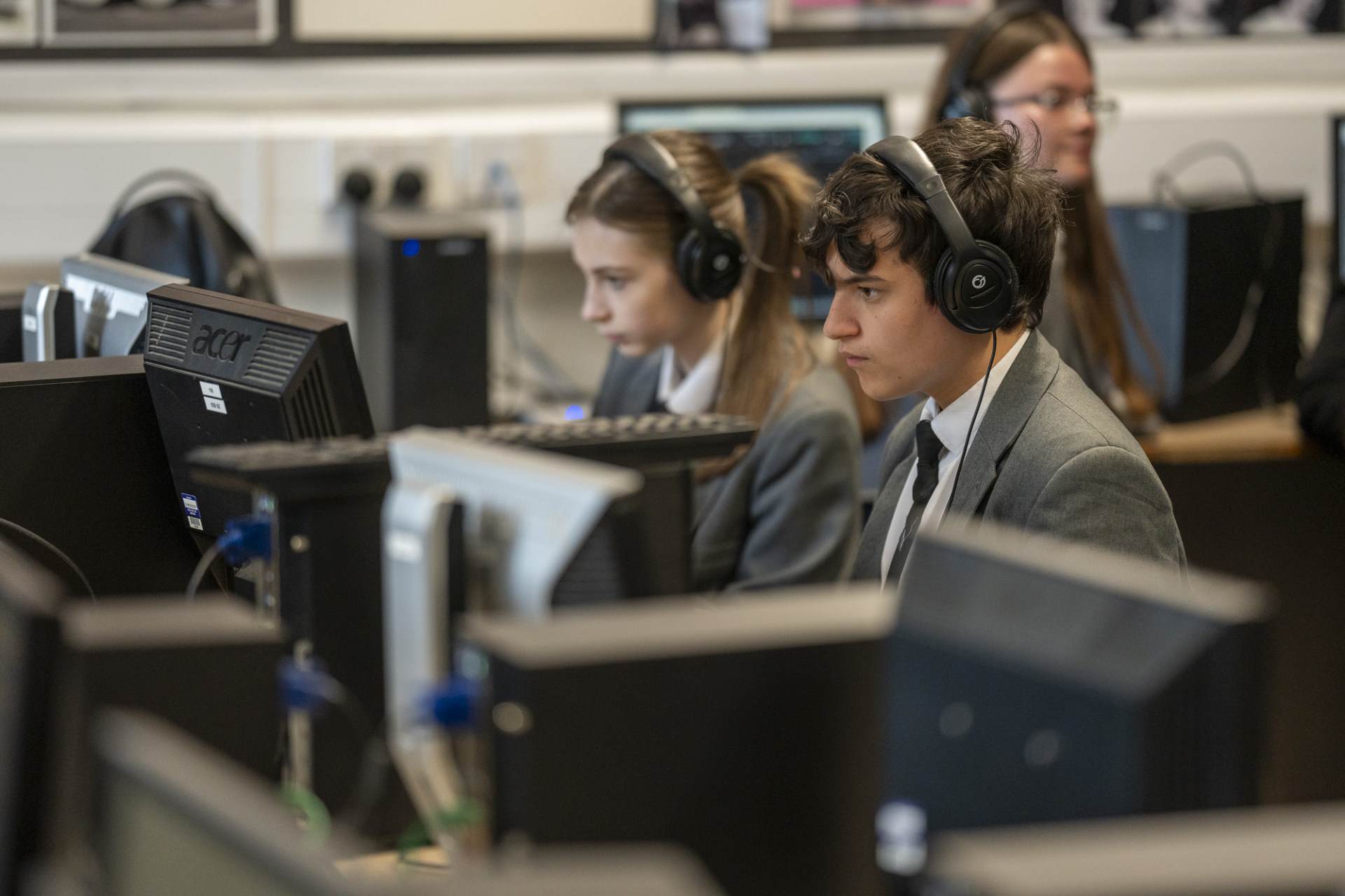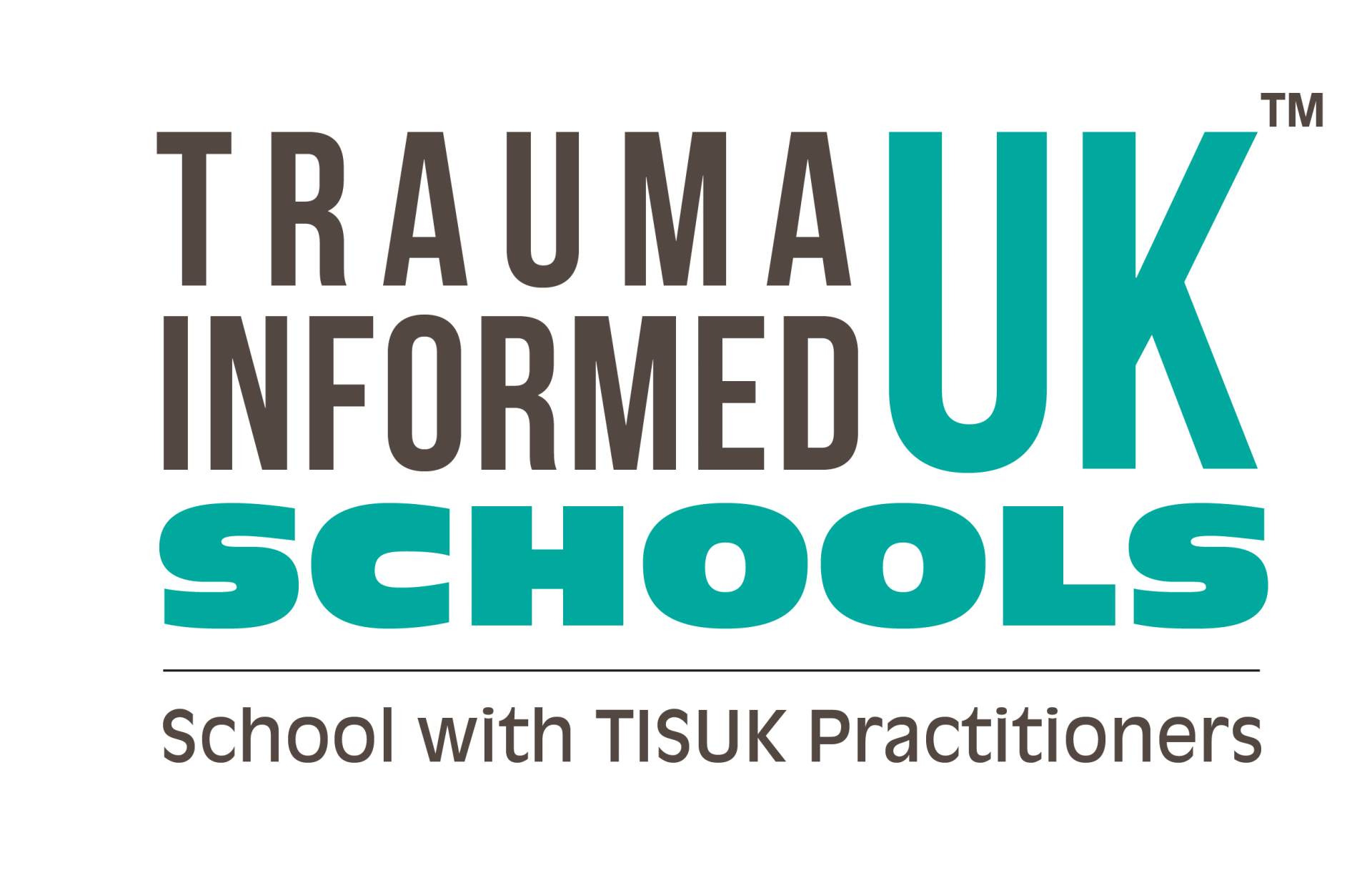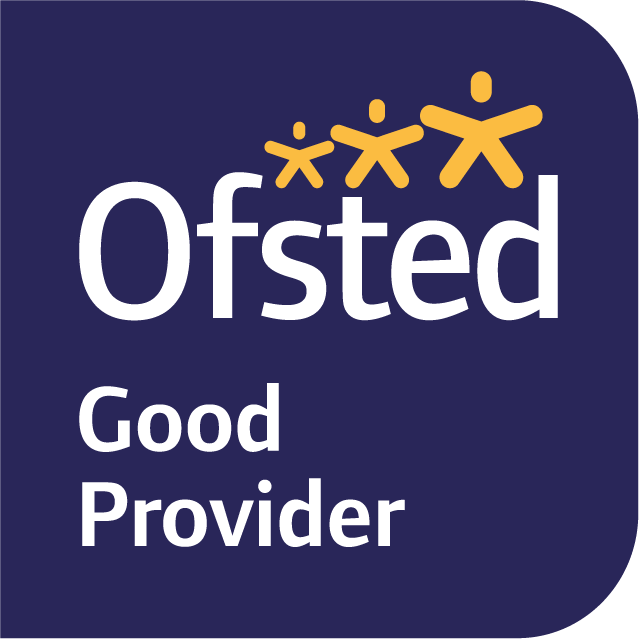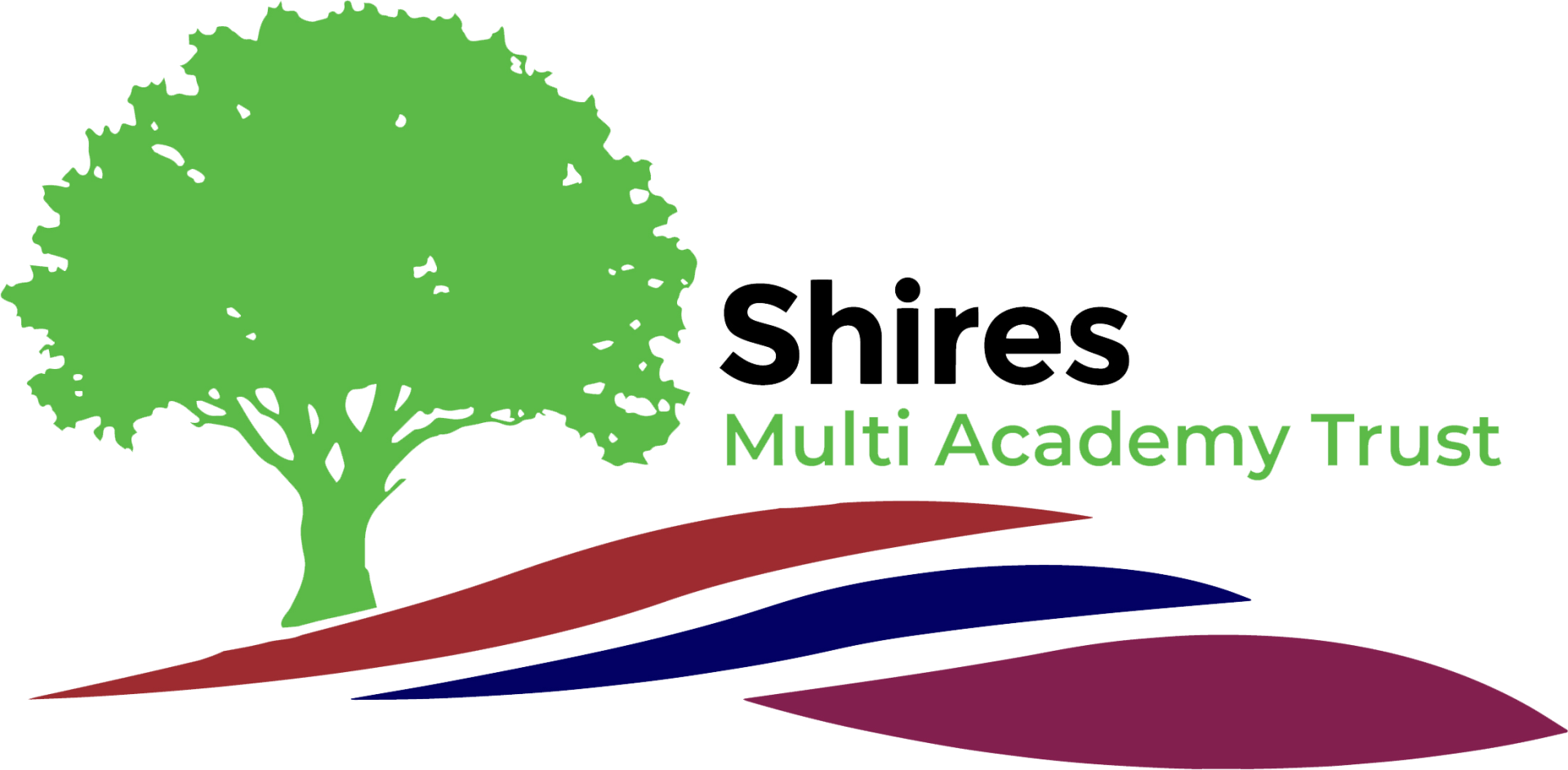Safeguarding Support
North Bromsgrove High School, recognises the ever-growing use of electronic technologies in day-to-day life. At North, we try to embrace and integrate it into everyday school life too, but there is a continued need to safeguard and advise children on the risks involved with mobile technologies. Below is information that we have created that can help parents to make sure students protect themselves while online both in school, at home and out and about.
Does your child use any of these?
- A mobile phone
- The Internet
- A social networking site such as Facebook or Twitter, Instagram
- YouTube
- Skype
- Snapchat
- Kik
- What’s App
- BBM
If the answer is yes, then read this guide to find out how to protect your child in the virtual world.
Introduction
The internet is such an integral part of children’s lives these days. It opens up so many educational and social opportunities, giving them access to, quite literally, a world of information and experiences.
Whether on a computer at school, a laptop at home, a games console, or a mobile phone, children and young people are increasingly accessing the internet whenever they can and wherever they are.

As you would protect your child in the real world, you will want to make sure that they are safe whatever they are doing. If your child understands the risks and can make sensible and informed choices online, they can get the most from the internet and stay safe whilst doing so – particularly from those people who might seek them out to harm them.
So, how can you protect your child online?
The answer is simple. If you understand the internet and understand what the risks are, there are a number of things you can do that will make your child safer online. According to Ofcom 7 out of 10 young people aged between 12 and 15 years old in the UK have a social network profile. A large percentage of these access these sites through their mobile phone rather than a computer. This has changed the way that children and young people communicate with their friends and family.
What do I need to know about it?
On the whole, young people have a very positive experience surfing the web or chatting with their online friends; however, as a parent or guardian there are some potential risks you should be aware of:
- Cyberbullying
- Downloading and Copyright
- Excessive use of technology
- Identity theft
- Inappropriate and harmful content
- Illegal content
- Grooming
Encourage kids to report inappropriate behaviour
If your child is experiencing problems or is being cyberbullied encourage them to come to you for help. If they are uncomfortable speaking with you, tell them to speak with a trusted adult – an aunt, uncle, teacher, or older sibling – to lend an ear.
Be sure your child knows how to report abuse or inappropriate behaviour to social networking sites. With Facebook, for example, they can report abuse by clicking the report link. Other social network sites also have reporting mechanisms. They can always visit our website and click ‘Report Abuse’ to CEOP, or use the Text someone service.
Trauma-Informed Practice
During 2021-22 Mrs Hodgson has been trained in Trauma-Informed Practices and is therefore trained in how to support students with trauma, which might include bereavement, abuse and domestic violence amongst other things. This information is being disseminated across our staff and will help u to manage students if they find themselves in crisis. If you have any concerns regarding this or would like more information, please contact Mrs Hodgson.

- ANXIETY info leaflet
- Aparent guide to depression
- Asking for help when its time to talk about your mental health
- CONTROLLING ANGER Leaflets
- Coping with low mood
- Coping with self harm Guid for parenst and carers
- CSE Leaflet
- Early Help Statement 2022
- EATING DISORDERS leaflet
- Emotional Health Leaflet
- E Safety Leaflet
- Get Safe Leaflet
- LOW MOOD leaflet
- March20 CyberChoice Leaflet REVISED 1
- Operation Encompass Letter Sept 23
- PREVENT Leaflet
- Sadfishing
- SafeguardingPoster Feb26
- SELF HARM Leaflets
- self soothe 2
- SLEEPING PROBLEMS leaflets
- Strategies to help control behaviour
- STRESS leaflet
- Support for Parents for their young persons mental health and well
- Support for young people mental health wellbeing
- SUPPORT PACK leaflet
- Supporting Families Offer Sept 2023
- top tips for parents booklet
- Tutor Group Info 2024 2025
- Young people who self harm A guide for school staff


